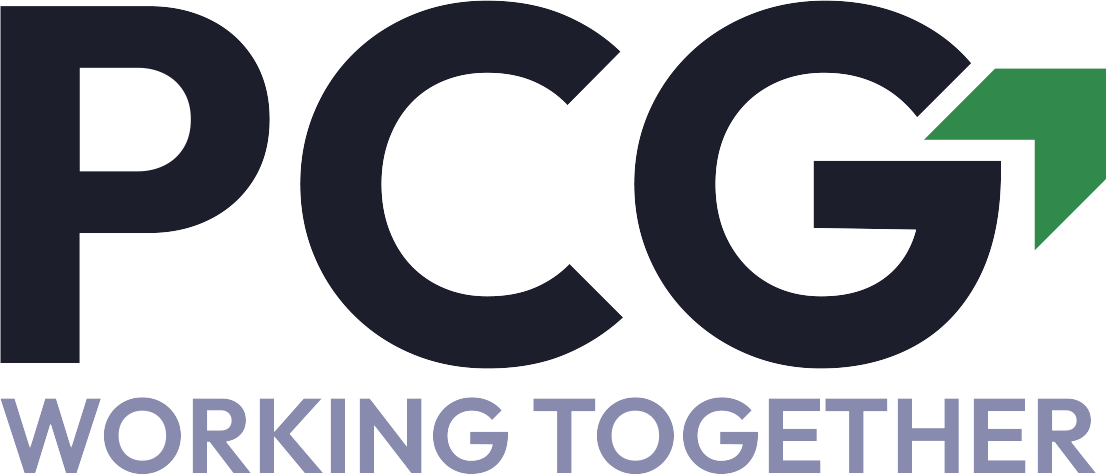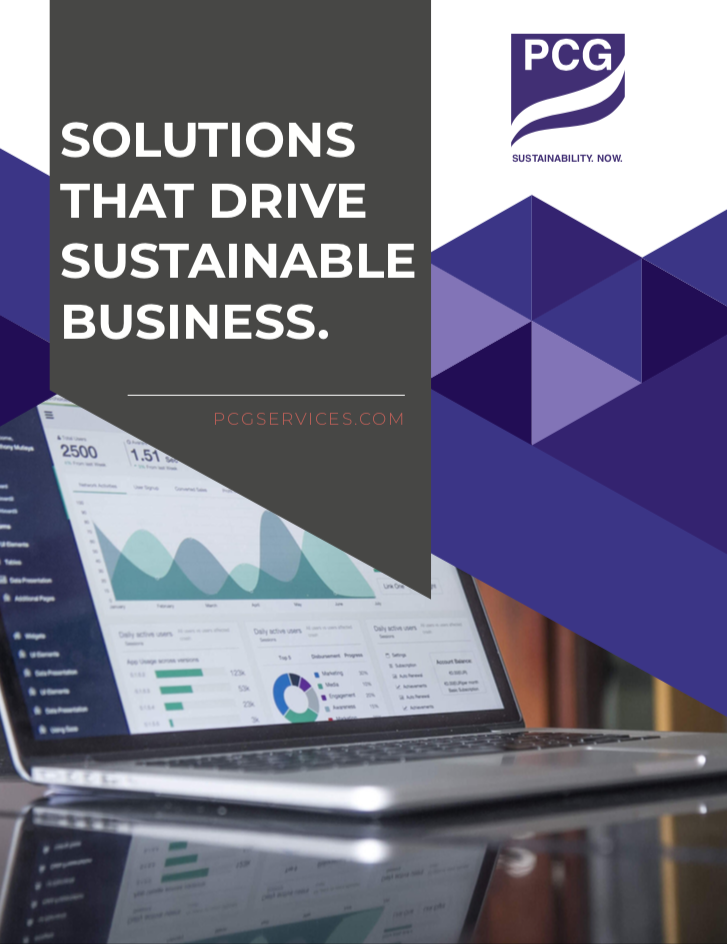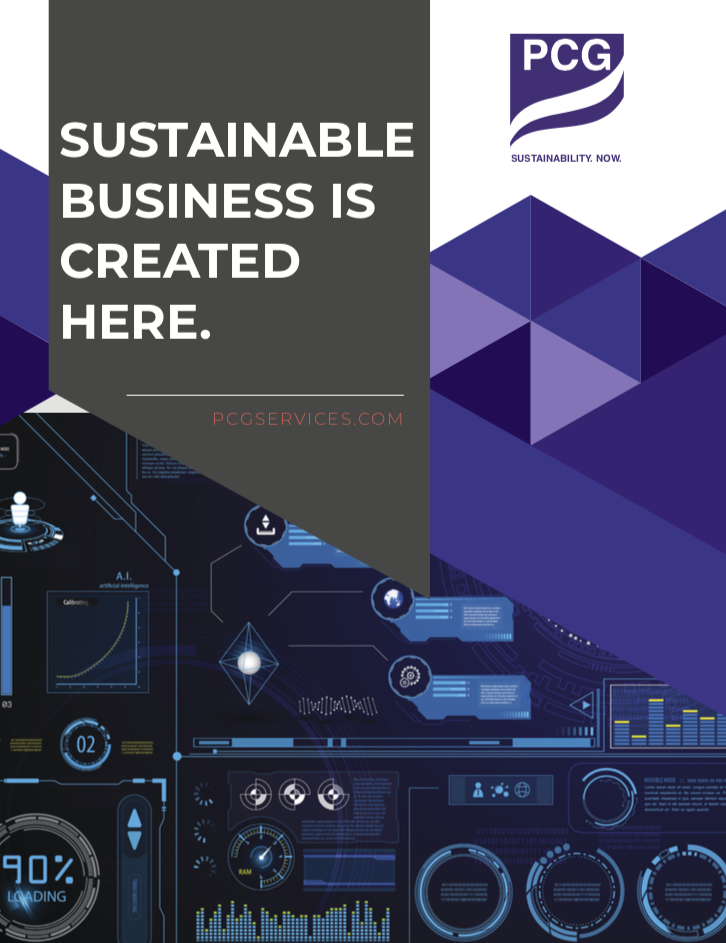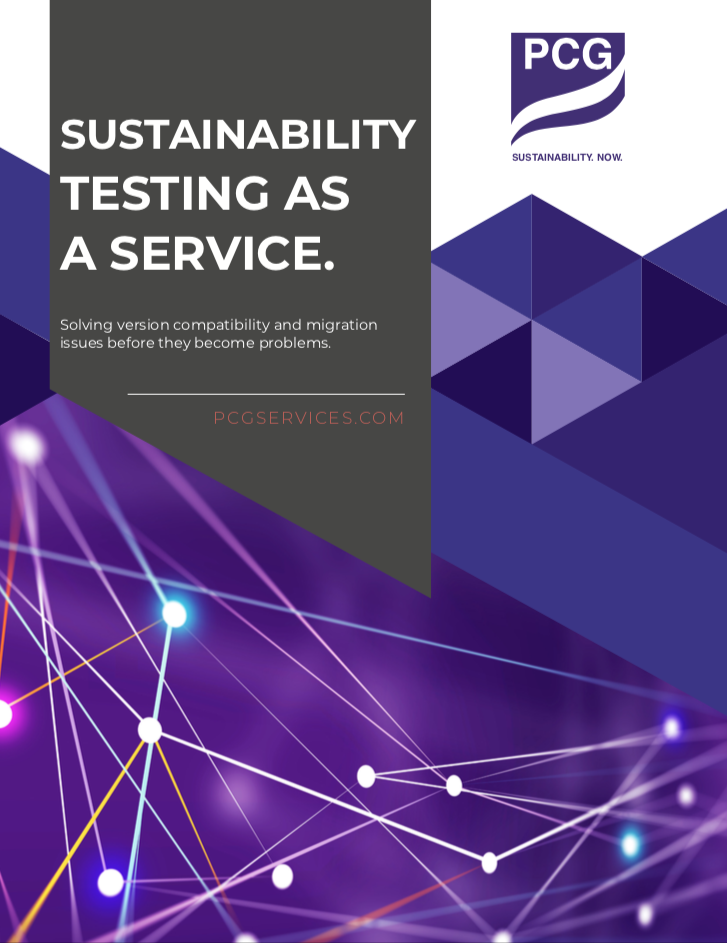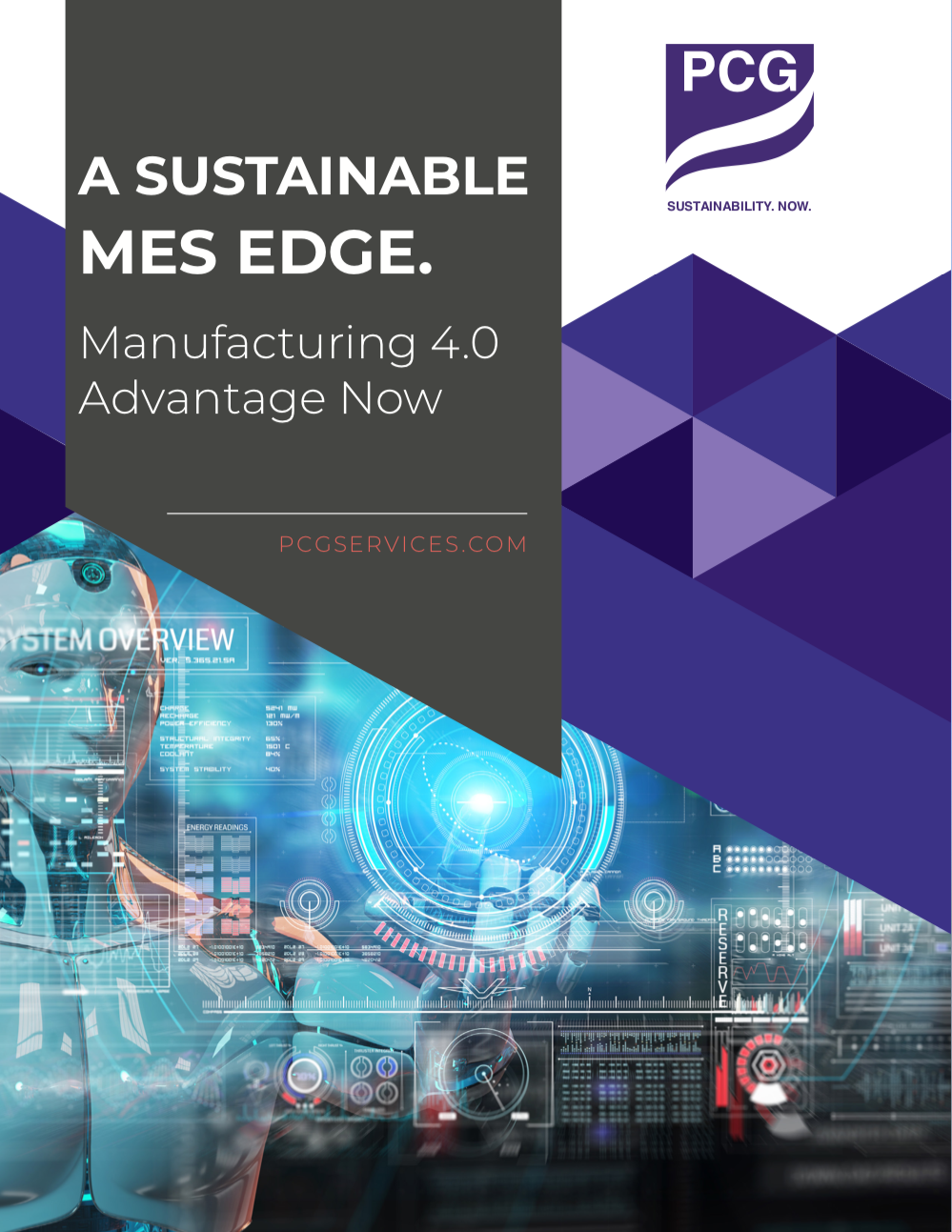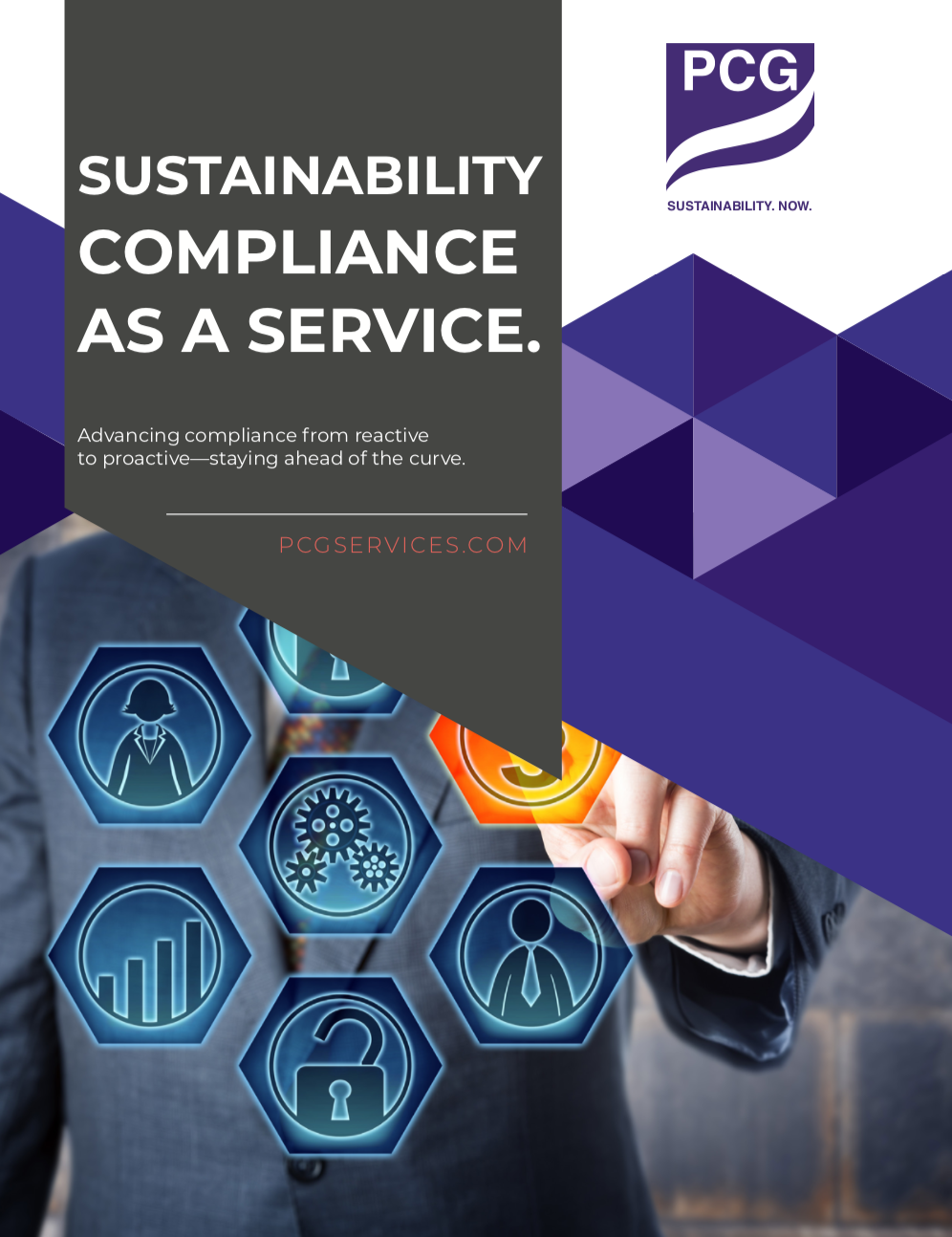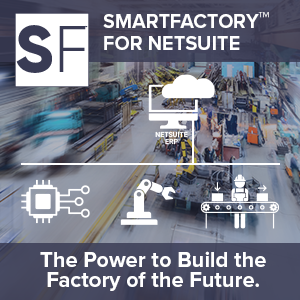PCG Blog
The SMARTFACTORY.

Author: Justin DeWitt, Solution Architect @ PCG
The Evolution of Smart Factory in Modern Industries
As consumer markets continue to grow across the global marketplace, the ever-present need of industrial manufacturers to provide higher quality, and lower cost consumer products at higher outputs are growing as well.
Alongside this change is the constant innovation and introduction of business technologies that deliver new business processes, functionality and capability to serve growing markets.
At the intersection of these two are value-added ROI-based solutions for businesses that deliver the next level of evolutionary production processes—the Smart Factory.
What is a Smart Factory?
In the past, the term has suffered from a variety of definitions, often based on different standards or technology vendor descriptions.
Today the definition has solidified to mean the adoption of a highly digitalized environment that provides connectivity across all manufacturing operations, including the shop floor, to transform the mechanized and once archaic operational tasks of assembly, quality control, and inventory management into processes that link tools and machines to provide input and outputs to users resulting in more efficient and rapid decisions.
Important Smart Factory outputs are the reduction of manufacturing time, with improved quality, as well as increasing in operational efficiencies, non-predicted offline times and other systematic bottlenecks that keep a business from capturing every viable profit opportunity within their operations.
The Smart Factory is considered an important component of the larger end-to-end business refinement process of Industry 4.0. Depending on the setup, Smart Factory makes use of concepts and innovative solutions such as the Internet of Things (IoT), Industrial Automation equipment, Manufacturing Execution Systems (MES), Enterprise Asset Managers (EAMs), and even Augmented Reality (AR) systems for virtual reality to aid training, assembly and engineering processes.
Three Foundational Elements of Smart Factory
A. Accurate and Trusted Information
Consistent and accurate information is a key component of every business and the first foundational element of the Smart Factory. Without accurate information, the Smart Factory isn’t smart.
Data accuracy comes from an implementation process known as Critical Data Analysis. This process seeks to untangle the constraints often associated with the management of critical data elements that drive analytics, business execution activities and link key automated business practices. This Smart Factory component focuses on:
- Untangling the web of constrained data elements
- Applying critical data analysis to unlock qualitative information required to efficiently run the operations
- And place those data sets in a single-tenant system where the information can be properly and more efficiently managed and secured
B. Comprehensive Communication
Communication is the second foundational element of the Smart Factory. While loading critical data elements into a single system allows for easier and more accurate management of the information, it does little to help aid operations if business systems cannot access the data.
Critical to the Smart Factory is mapping operational systems and linking operational paths to the information needed to smooth operations, increase productivity and drive additional profitability. Smart Factory-based businesses configure and manage the communication between machines, people, production planning, production operations, financials and reporting for a comprehensive and end-to-end view of the business. The outcome of Smart Factory communication is the evolution to a dynamic production environment where processes can now interact across lines of business and business solutions.
C. Smart or Intelligent Automation
The third and final foundational element of the Smart Factory is comprehensive automation. Building on the first two foundational elements a business can easily adopt a true systematic automation environment leading to a digital shop floor transformation of the business. Real-time Analytics and KPI measures become readily available for management and operations to make immediate and accurate decisions. Production and equipment operations can benefit from Artificial Intelligence (AI) to notify service of issues, drastically reducing unplanned downtime, and provide enhanced processes for retooling and equipment calibration to make shop floors both more efficient and flexible.
The Effects of the Smart Factory
The Smart Factory is the next step in business operational improvement, based on advanced technologies and Industry 4.0 principles. Its impacts are broad and far-reaching across industries, businesses and individual jobs and roles.
As Smart Factories continue to be adopted the roles of users and operators will become more complex. These complexities will require people to adopt new roles that are more centrically-driven around technology execution and management, with automation of processes focused on routine activities that are repeatable, simplified, or even dangerous to people.
Businesses will experience talent gaps as organizations source employees with digitally-driven backgrounds and skillsets. More valuable skill-centric labor will, in turn, drive increased wages, whose cost will be offset by increased operational efficiencies within the shop floor.
The Smart Factory helps organizations reduce the impacts of labor shortages or high turnover associated with low-cost employment requirements.
Many industries have been working toward the Smart Factory for some time. Two leaders are Automotive and Aerospace and Defense. In many ways, these industries have set the standard of what other industries should consider and follow in the adoption of advanced technologies.
While your specific industry may be unique in technology adoption, understand that the Smart Factory and Industry 4.0 are being considered in your industry, right now. Businesses are adopting and implementing these technologies and industries are being disrupted and transformed, reshaping who the leaders will be.
Getting Started On Your Smart Factory
The adoption of a Smart Factory within your shop floor environment is a huge transformation toward better operations, enhanced customer experiences and improved profitability. Organizational Change Management approaches, geared specifically around user adoption of new technologies and improved business processes that maximize efficiencies, are critical to the overall success of the Smart Factory evolution.
As a result, picking the right partner to work with is a critical success factor to consider. In your evaluation, it is important to identify a partner who is proven at rapidly, economically and predictably delivering the three foundational elements of the Smart Factory. Seek a partner who has and an end-to-end business-driven approach with deep experience in manufacturing automation, operations, service, production optimization and user acceptance. Doing so will reduce the time, effort and cost associated with creating your own Smart Factory.
Also, consider how the Smart Factory can become a cornerstone effort toward becoming a fully enabled Industry 4.0 business. An Industry 4.0 enabled business integrates leading, scalable and secure Enterprise Resource Planning (ERP), Product Lifecycle Management (PLM), Configure Price Quote (CPQ), Mobility and Advanced Reporting and Analytics. By adopting a holistic Industry 4.0 approach your business and manufacturing operations can emerge as a leader in customer experiences, much-improved production and operational efficiencies, product and process innovation, accurate decision making and exceptional profitability.
What’s Next?
Working with a partner such as PCG, who facilitates an end-to-end business model approach to customer adoption of Smart Factory, will greatly reduce costly errors in the evaluation, choice, implementation, business release and immediate performance of your Smart Factory initiative. This, in turn, will shorten lag times and increase productivity growth so your business can earn more rapid ROI’s from your investment.
Smart Factory implementation leaders, like PCG, focus on implementation strategies and customer adoption programs that make industrial digital transformation projects more accessible and easier to deliver for everyone.
Consider PCG for your Smart Factory initiative to help your organization to adopt a new way of thinking, a new way of operating and continue to be an industry leader that expands the gap between you and your competitors.
A Smart Factory is your next step to a better and more profitable business. Contact PCG and let’s get started!
More Information for You
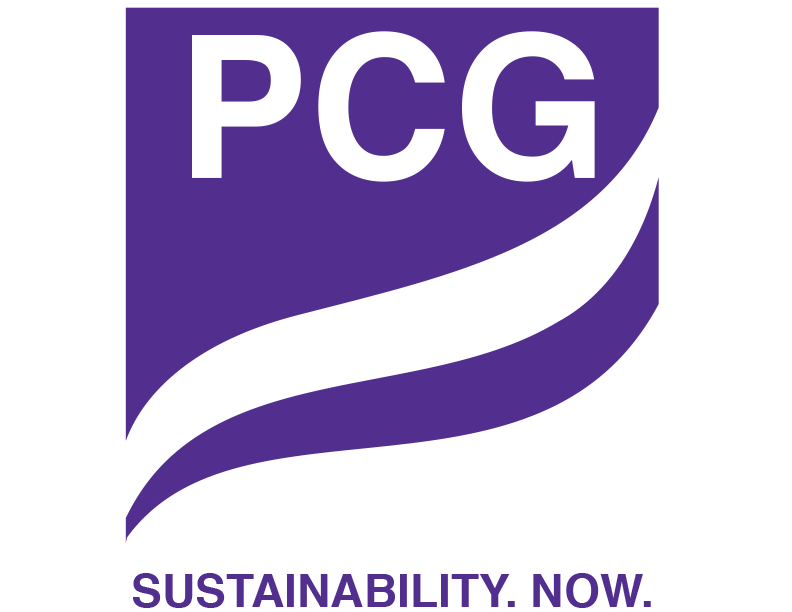
Services
